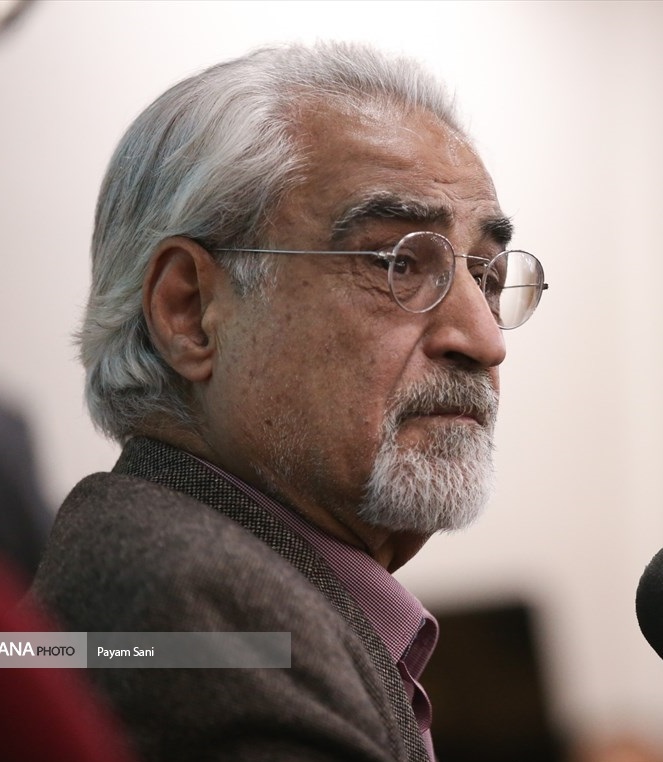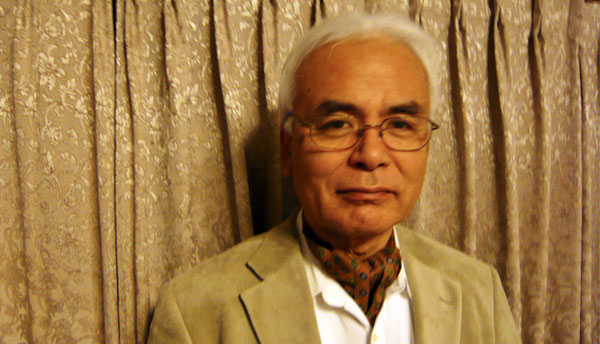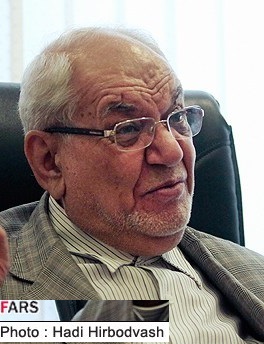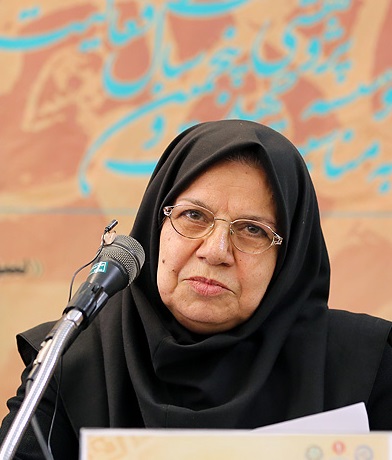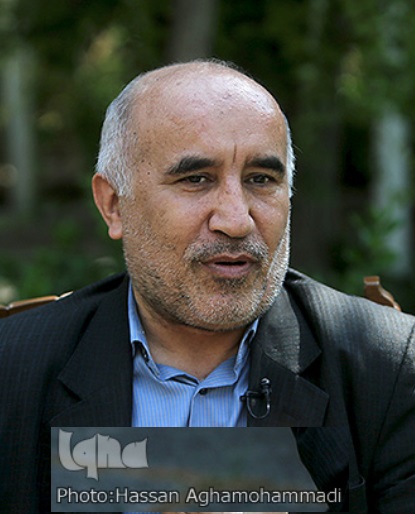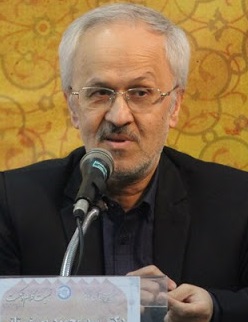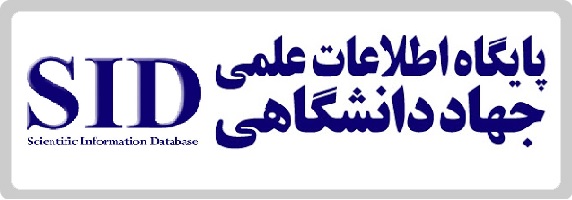Compare of Self-evidence's and A priori's Propositions About Justification
Keywords:
Knowledge, self-evidence, a priori, justificationAbstract
Knowledge in the field of Islamic and Western philosophy is defined as justified true belief; the central element of this definition, i.e. justification, has been discussed among epistemologists. Muslim epistemologists, with an emphasis on sharing knowledge to self-evidence one and speculative one, could provide evidence as basic, and so they design Foundationalism Based on Foundation of speculative knowledge on self-evidence one. However, the division of knowledge into a priori and a posteriori could not be so effective. In other words, in the west philosophy, a priori proposition is not the principal one for a posteriori statement in justification. The purpose of a priori in this paper among eight definitions is Independence Justification of experience i.e. apparent sense. In this article, despite shortage exists in western epistemology, I state the explanation about the justification of a priori and a posteriori statements presented by critical approach inspired by the model of Islamic philosophy.




